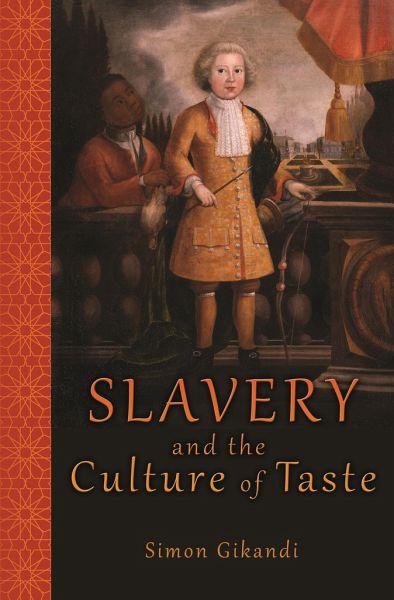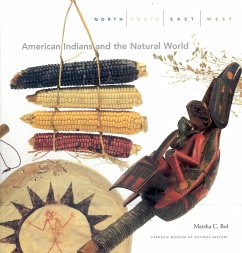
Slavery and the Culture of Taste

PAYBACK Punkte
19 °P sammeln!
"It is difficult to think of a single work that more clearly and carefully reveals the inextricable intertwining of the habits and social practices of the British elite in the drawing rooms of London with the harsh brutalities of Britain's central involvement in the creation and maintenance of the slave trade in the West Indies and West Africa. This book is full of stunning insights and is a pleasure to read. It is an original contribution to the study of the Enlightenment."--Henry Louis Gates, Jr., author of Tradition and the Black Atlantic and The Trials of Phillis Wheatley "This ambitious, ...
"It is difficult to think of a single work that more clearly and carefully reveals the inextricable intertwining of the habits and social practices of the British elite in the drawing rooms of London with the harsh brutalities of Britain's central involvement in the creation and maintenance of the slave trade in the West Indies and West Africa. This book is full of stunning insights and is a pleasure to read. It is an original contribution to the study of the Enlightenment."--Henry Louis Gates, Jr., author of Tradition and the Black Atlantic and The Trials of Phillis Wheatley "This ambitious, intelligent, and far-reaching book argues that selfhood and the culture of taste were constituted by slavery. It is, as far as I know, the first in-depth look at slave performance in relation to the British culture of taste and refinement, and will, without a doubt, transform our understanding of the eighteenth century."--Saidiya Hartman, author of Lose Your Mother: A Journey Along the Atlantic Slave Route "This book cogently argues for the complexities between the cultures of politeness in eighteenth-century English culture and the practices of slave capitalism. Connecting images of slavery with archival sources from the eighteenth century as well as with the writings of modern and contemporary theorists and philosophers, Gikandi's work will interest scholars of eighteenth-century studies, the Black Atlantic, British cultural and literary history, and colonial/postcolonial studies, as well as historians of slavery and the slave trade."--Philip Gould, Brown University "This book explores with great insight the relations between taste--a social, aesthetic, and regulatory standard, crafted by traditional elites--and the practices of violence and exploitation that characterized slavery in the eighteenth century. Leading the reader through terrains of connection and difference that stretch across oceans and periods, this book is a pleasure to read and ponder."--Kathleen Wilson, State University of New York, Stony Brook













